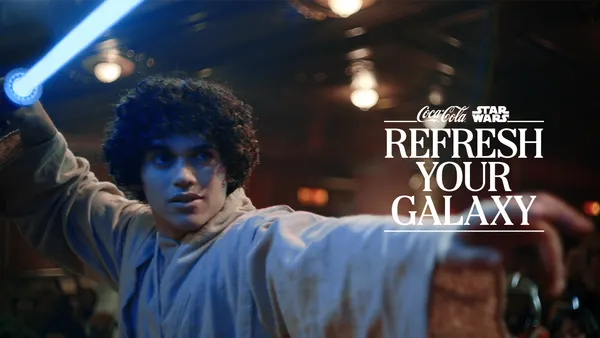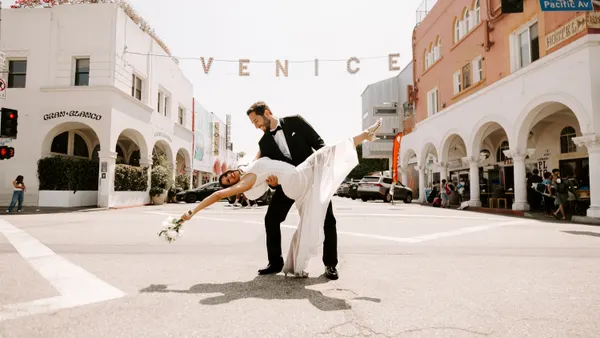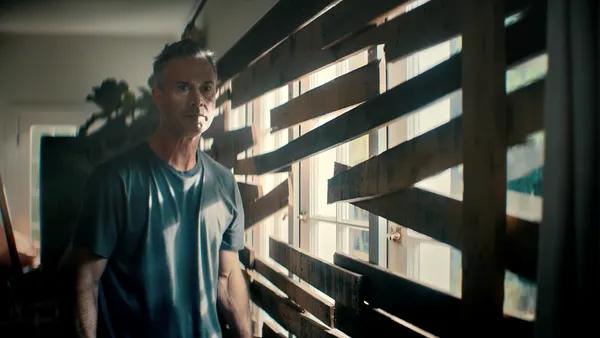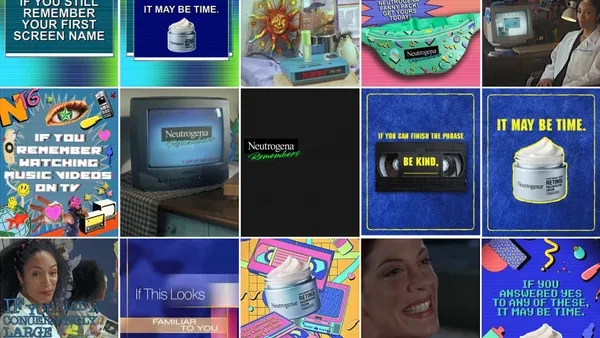Dive Brief:
- Capitalizing on a typo in its ads, Verizon's digital carrier Visible created an out-of-home (OOH) campaign that the company reports was a success with a 112% higher engagement rate than projected, according to information shared with Marketing Dive.
- The company had made a typo on a few very visible billboards and trucks in downtown Denver, spelling "messages" as "massages." The brand owned up to the (probably intentional) misspelling by offering free unlimited massages to people during an event at Denver's Union Station. The campaign, engineered with agency Madwell, embraced the company's brand promise which is to ensure transparency.
- In addition to the turnout at the event, the campaign also generated both organic and earned social media conversations, as well as press. The company said the effort helped boost awareness and facilitate a fun community event.
Dive Insight:
This campaign illustrates one way brands can turn mistakes — even intentional ones — into wins. Transparency is something consumers are looking for from brands, with the telecom industry a segment that's often called out for a lack of transparency. Verizon's free massage stunt for Visible — an all-digital phone service that has no storefronts — addresses the desire for transparency by admitting a "mistake" in its marketing. Sixty-one percent of consumers said that admitting mistakes is the leading way to demonstrate transparency, according to Marketing Charts' survey on brand transparency.
Visible used the OOH "typos" to launch an event with a compelling reason for consumers to attend: free massages. By offering an appealing giveaway, the brand was able to build awareness and capture social media and earned press.
By making fun of itself, Visible also got in front of the potential ridicule the brand might receive on social media while reinforcing its brand positioning around promising transparency.
Visible has been known for its quirky marketing campaigns, and this OOH event fits in with the company's previous tone. In the past, the carrier ran a campaign featuring empty store fronts with signs in the window that read 404 Store Not Found, referencing the web code for a missing page.










